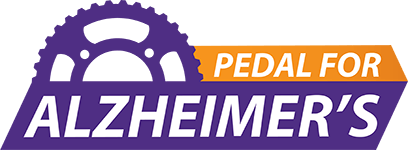RESOURCES
OUR CONTRIBUTORS
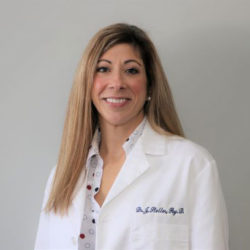
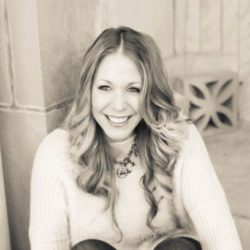
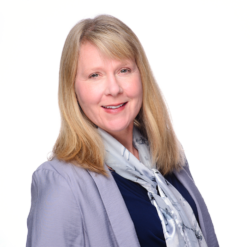
Dow Stick is a freelance health writer and nurse practitioner in Western North Carolina. She earned a Bachelor of Science degree in Biology from the University of Mary Washington and a Master of Science degree in Nursing from East Tennessee State University. Her experience as an advanced practice nurse includes adult primary care, hospice and palliative care, chronic disease management, and addiction medicine. Her interests are in the health and wellness of older adults as well as the advocacy and support of those living with dementia, especially her own 95-year-old grandmother.
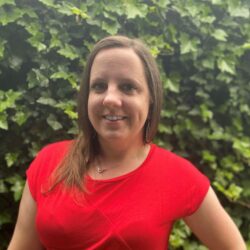
Courtney Battaglia is a registered nurse with a bachelor’s degree from the University of Texas at Arlington. She has over 12 years of experience working directly with patients, many of whom experienced the effects of Alzheimer’s and dementia. Courtney is dedicated to providing resources for families and patients who are experiencing this diagnosis and continues to advocate daily for this population.
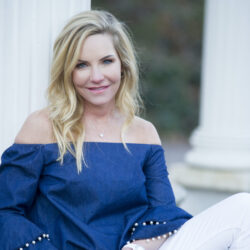
Susan Kitchen, MPH, RD, CSSD, LD/N, is a Sports Certified Registered Dietitian, USA Triathlon and Ironman Certified Coach, accomplished endurance athlete, and published author. She is the owner of Race Smart, a performance nutrition and coaching company that works with athletes across the globe as they strive toward optimal health, fitness, and performance.
Our Resources
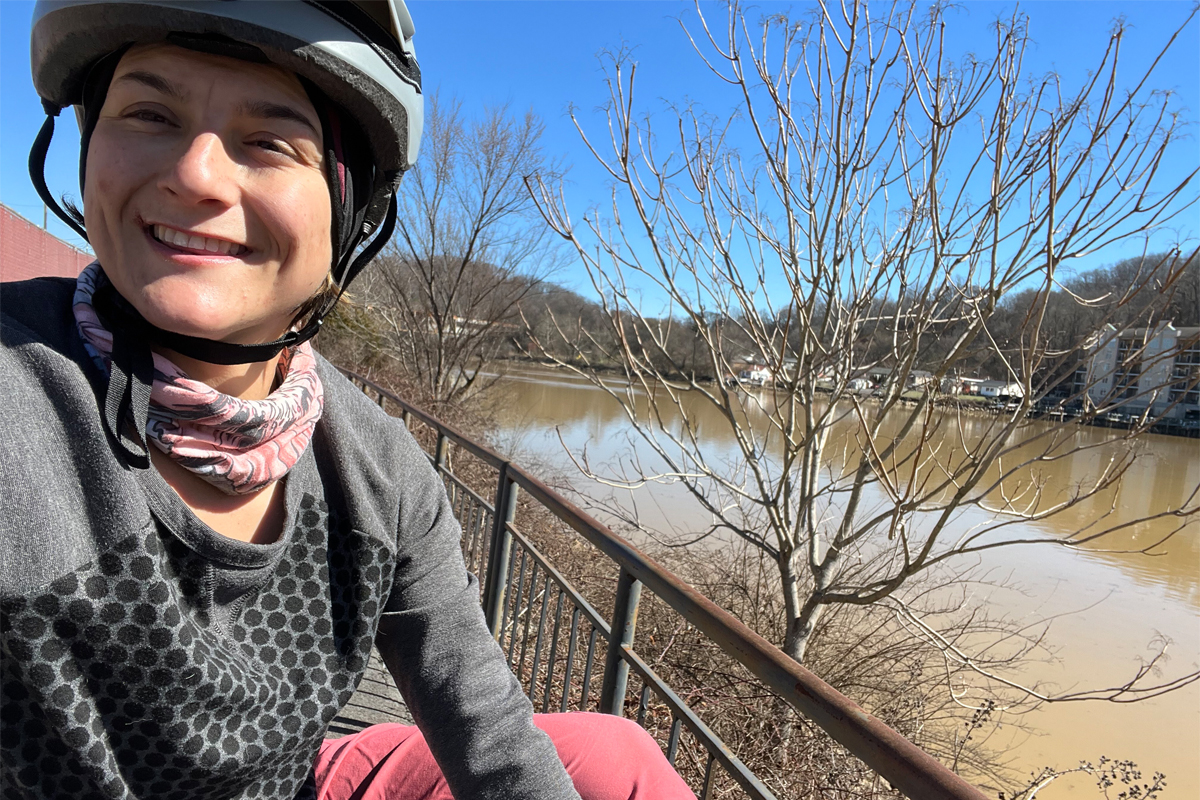
Why I Ride: Ambassador Kassandra Klemenz
Kassandra Klemenz shares her personal journey as a Pedal for Alzheimer’s ambassador, raising awareness and hope for families affected by Alzheimer’s.
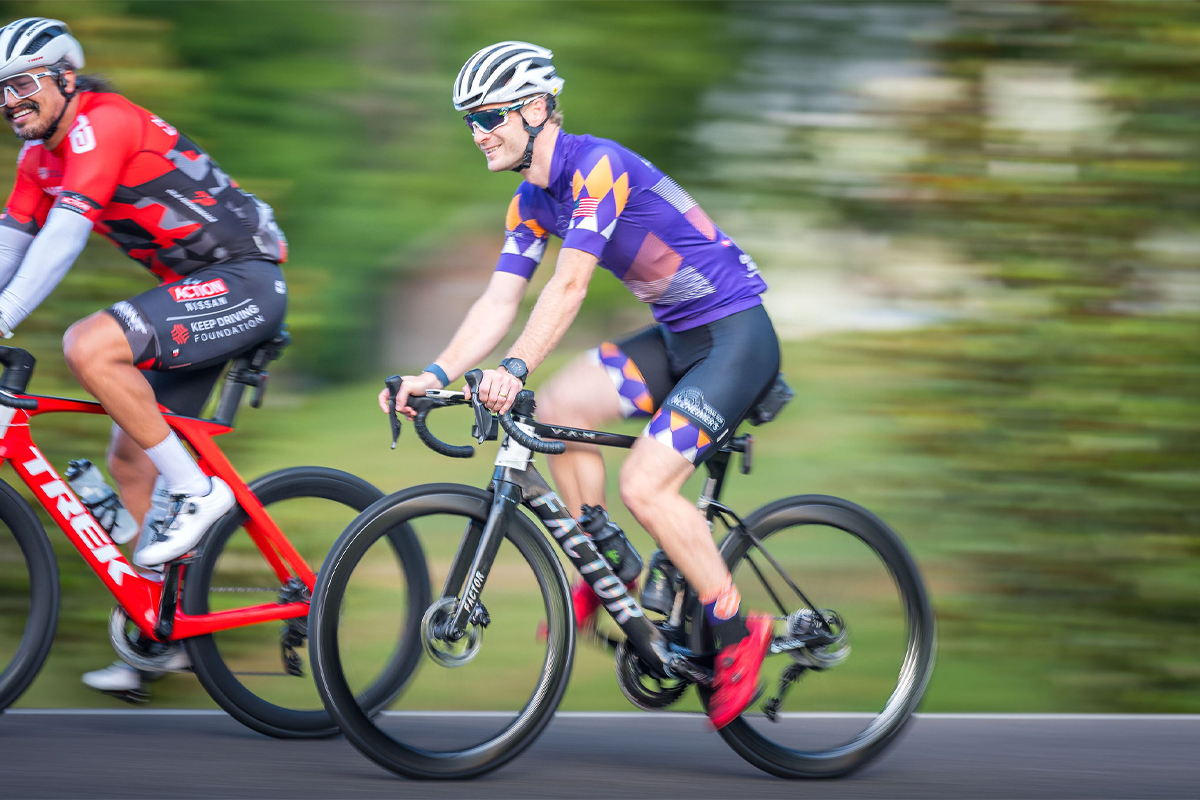
Why I Ride: Ambassador Sean Rand
Ambassador Sean Rand shares why he joined Pedal for Alzheimer’s to raise funds for those affected by neurodegenerative diseases.

A Cyclist’s Guide to Rest and Recovery
Athletes should optimize rest days for peak performance in cycling, running and other endurance sports. Prioritize sleep, relax, stretch, hydrate, fuel your body, and support mental health to enhance recovery and training readiness.
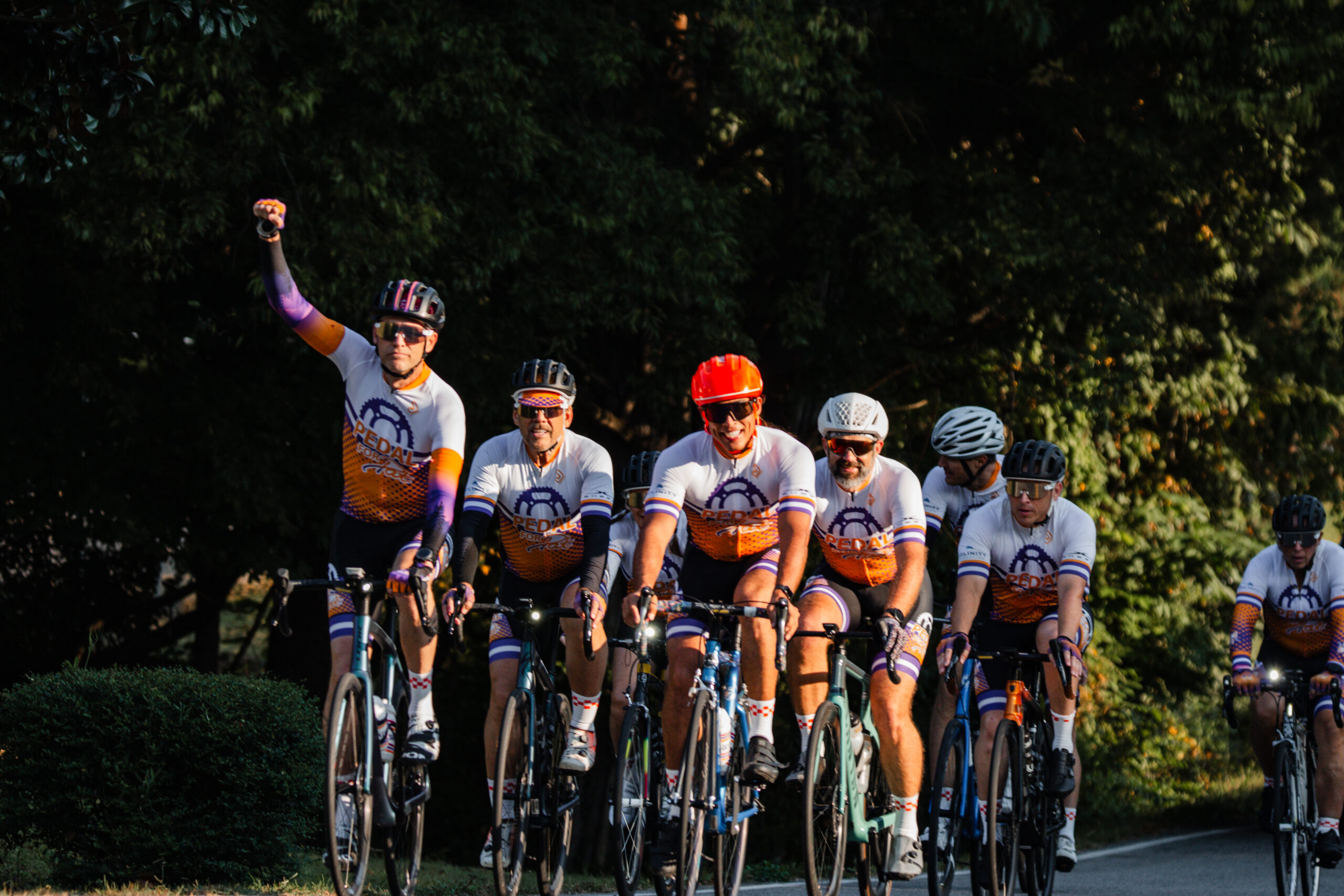
Cross-Training for Cycling: What to Do on Days Off
Discover cross-training exercises for cyclists to enhance performance and overall health. Improve core strength, mobility, and bone density with these off-day and off-season activities.
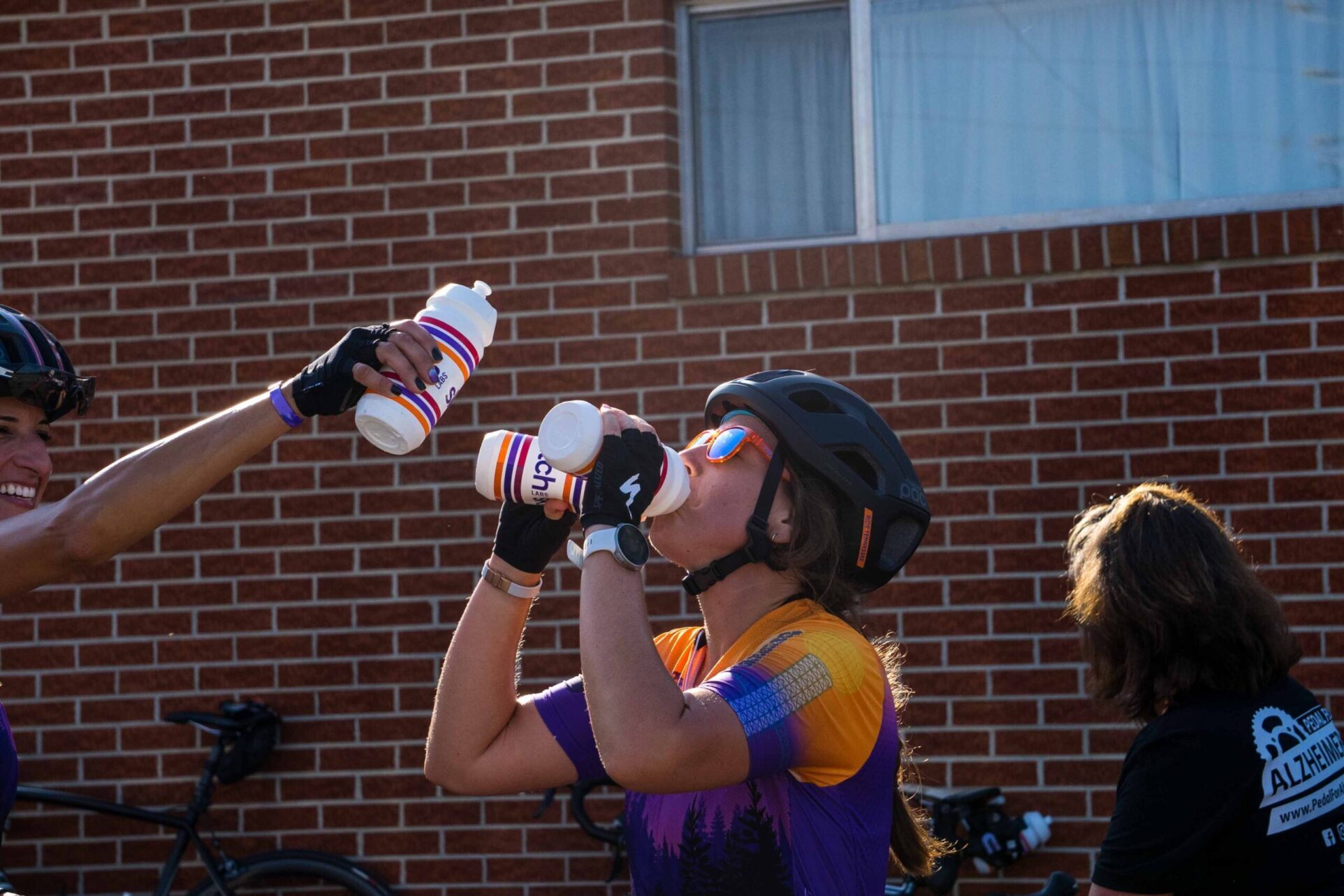
How To Train for Your First Century Ride
Have you ever wanted to complete a century or metric century ride but don’t know where to start? Training for your first big ride can be daunting, but follow these simple steps to prepare your mind and body to accomplish your goals!
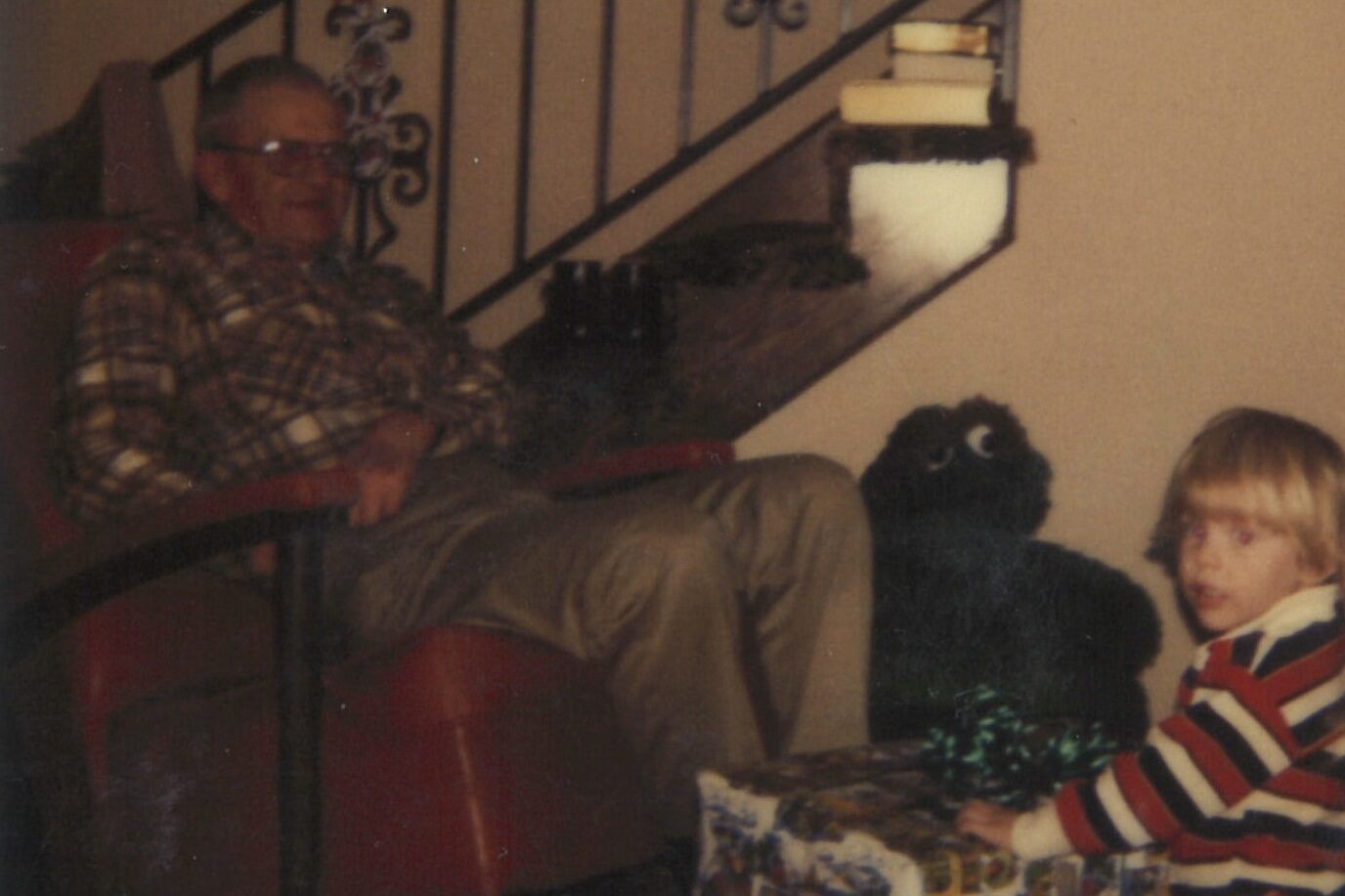
Why I Ride: Ambassador Regan Craig
While I’m not sure he ever owned one himself, my grandfather bought every bike I owned as a child. He grew up in the Great Depression and had neither finances nor the time for a bicycle, but that didn’t stop him from wanting to ride.
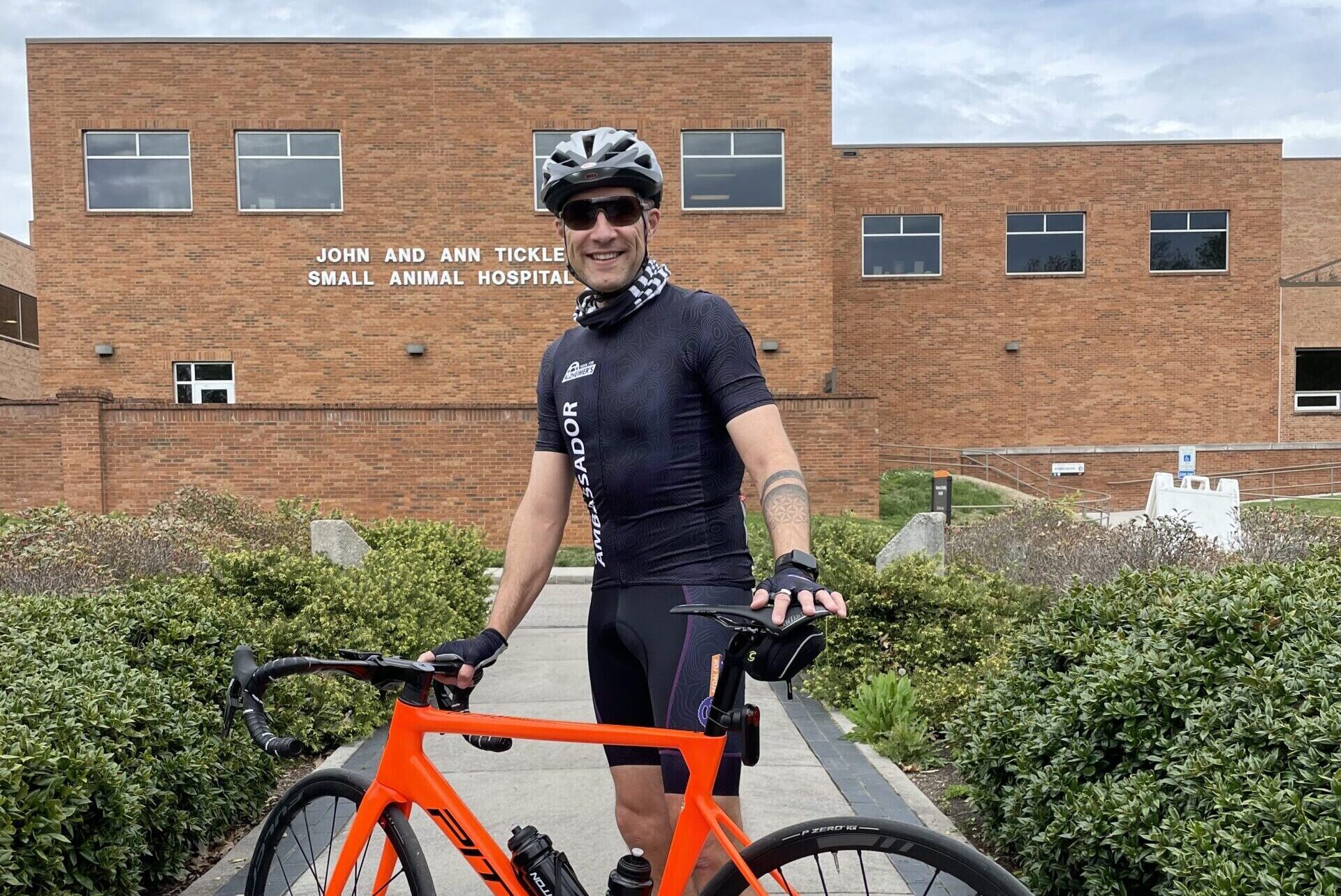
Why I Ride: Ambassador Luca Giori
Veterinarian and Pedal for Alzheimer’s Ambassador, Luca Giori, explains his purpose with Alzheimer’s Disease and cognitive decline impacts.
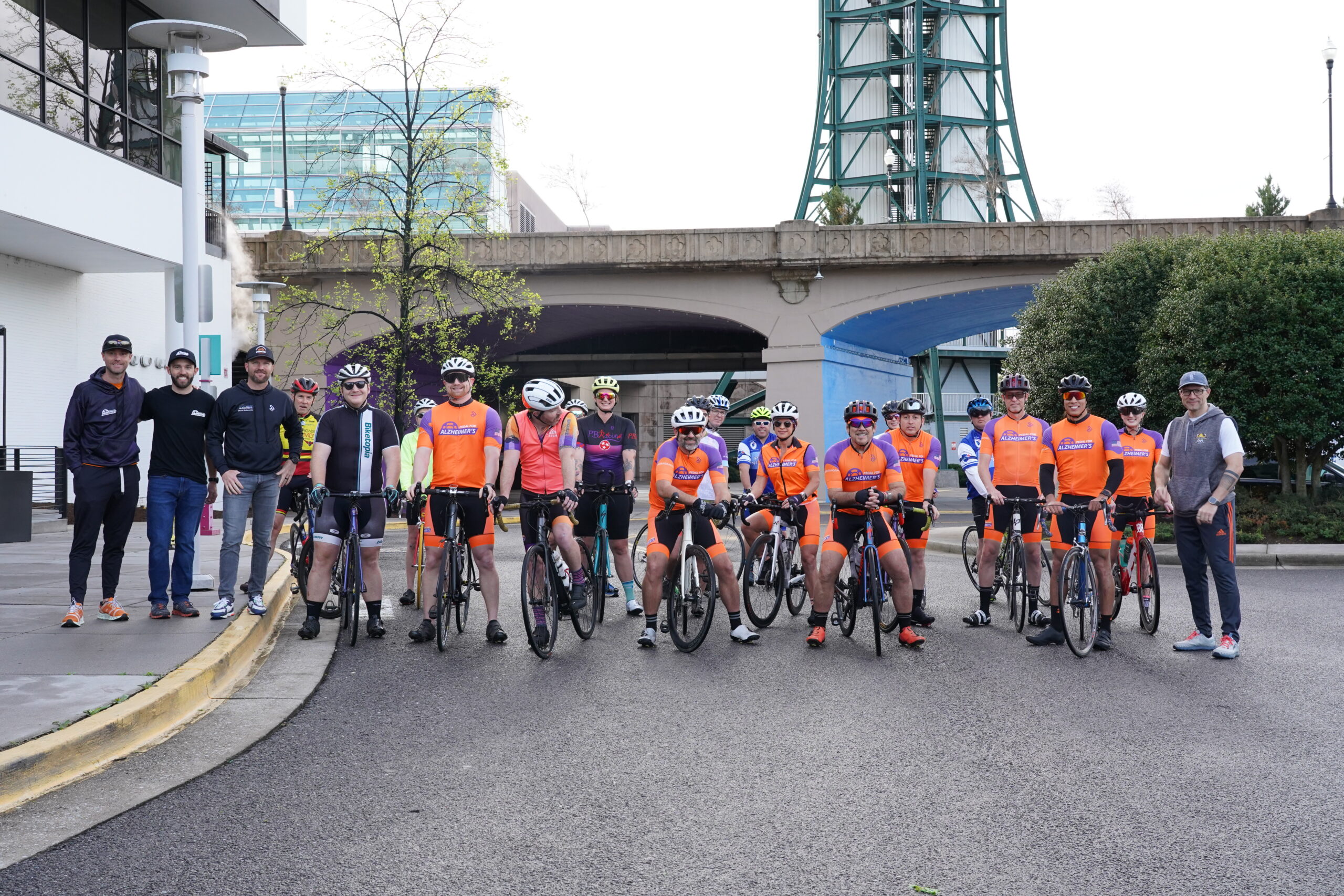
Group Ride Etiquette
Are you going on or hosting a group ride? Here are the most important group ride rules to make each group ride an enjoyable experience for everyone.
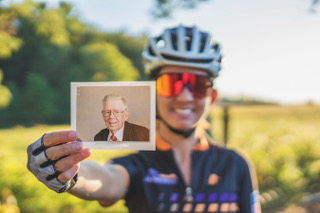
Why I Ride: Ambassador Julie Dortch
Julie Dortch, Pedal for Alzheimer’s Ambassador and cyclist shares her “why I ride” that stems from her background and family inspirations.
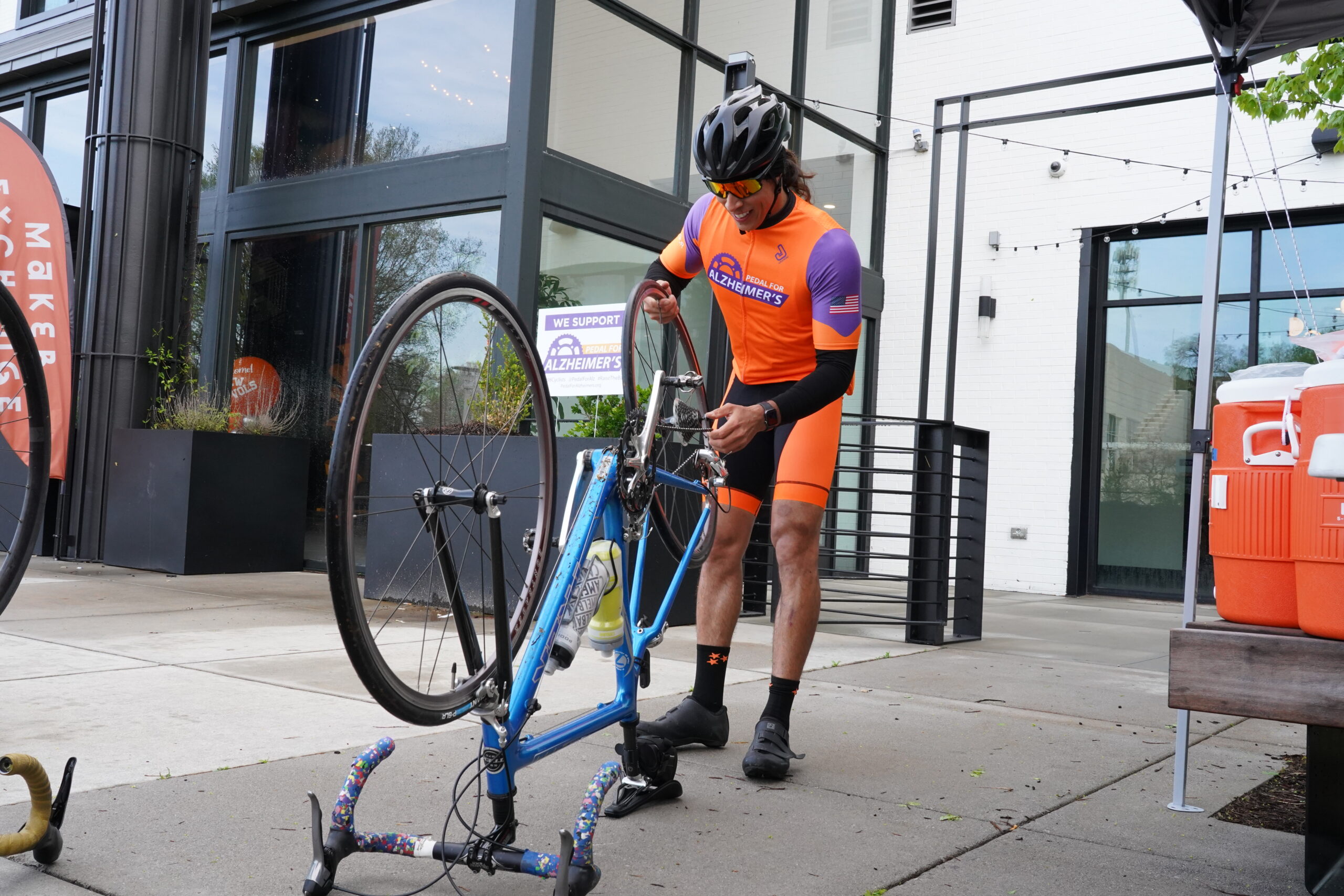
Cycling Tools to Always Bring With You on a Ride
When going on a ride, there are a few things cyclists should always bring. It can make the difference between a great ride and a horrible day.
Whether you’re an experienced cyclist, just starting out, or somewhere inbetween, these are the necessities for any ride.
